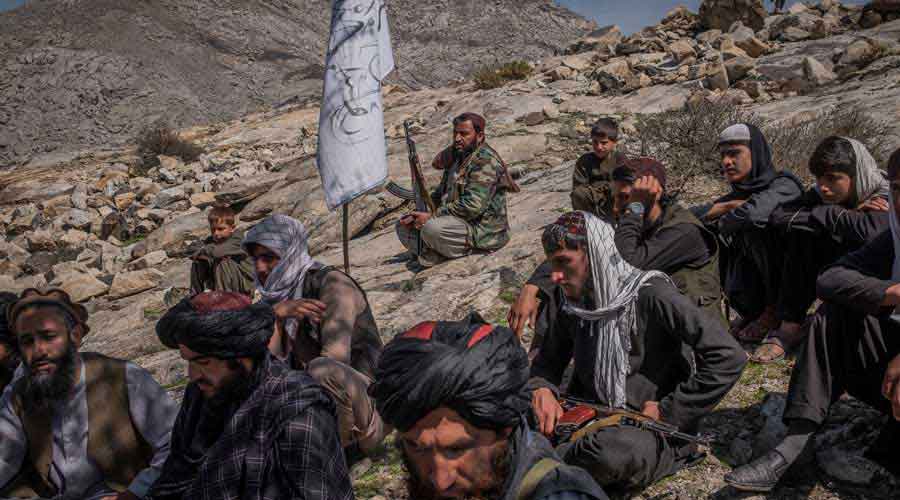As the Taliban forces march across Afghanistan — they may have the capital, Kabul, in their sights soon enough — the reverberations are being felt across the world, including in New Delhi. Speaking at a recent meeting of foreign ministers at the Shanghai Cooperation Organisation, S. Jaishankar, the Indian representative, articulated New Delhi’s concern by saying that the future of Afghanistan cannot be premised on its past. New Delhi’s anxiety is not unwarranted. Unlike several other countries — China and Russia being the principal examples — India has not been able to make much headway in its deliberations with a resurgent Taliban. Part of this failure can be attributed to the frosty ties that New Delhi has shared with the Taliban over the years. India’s opposition to the Taliban — Pakistan has, historically, been their patron — is based on both geopolitical security and moral imperatives. But India’s misreading of the commitment of the United States of America to stay put on slippery Afghan territory cannot be discounted when it comes to India’s Afghan headache. The pundits in New Delhi should have opened backchannel engagements with the Islamic force much earlier. Now, an emboldened Taliban, with tacit encouragement from India’s western neighbour, could well play a part in heating up India’s northern border. That cannot be reassuring amidst reports of Chinese troops infiltrating Ladakh. The Union home minister has lauded the prime minister for drafting independent India’s first comprehensive security policy, notwithstanding these red flags.
New Delhi must persist in re-engaging with the Taliban. Afghanistan, in a manner of speaking, is an important theatre of the Great Game and India cannot afford to watch the play unfold from the sidelines. It must use the two aces it holds to augment its bargaining in Afghanistan. The first is a long history of public goodwill. Second — this is interconnected with the first factor — is a push to bilateral trade whose volume stands at around $1.3 billion at present. The Indian presence in improving such sectors as Afghanistan’s healthcare, education, transportation, power, communication and so on could give New Delhi an additional leverage to press its case. The Taliban, if they are serious about shedding the stigma of medievalism, must also respond in kind. Cooperation with regional and international players could be one way of legitimizing their claim of being the leading domestic political force in Afghanistan.










